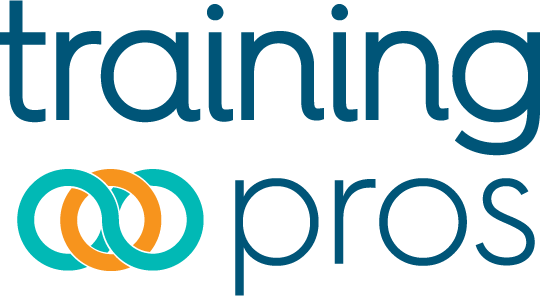The Importance of Patient Centric Communication
In the healthcare industry, everything revolves around the patient. Hospitals are designed with patient care in mind. Medical professionals are focused on giving their patients the best treatment. Medical communication shouldn’t be any different.
Effective communication is crucial in the success rate of patient care. It is so crucial that medical communication executives have been tasked with improving the communication between healthcare professionals and their patients. With many different languages and varying literacy levels, this task ends up being much more difficult.
According to expert, Sheila Rothman, medical communication companies are among the most significant but least analyzed health care stakeholders. So what can communication professionals do to become more transparent?
Research has shown that health literacy, such as patient education and technology, has a direct correlation to patient outcomes. Studies also suggest that patients who are more informed about their care and their options have improved outcomes. However the problem isn’t just an un-informed patient. One of the largest concerns from the U.S. Department of Health and Human Services is the way that health information is presented and distributed by medical communication companies.
The National Action Plan to Improve Health Literacy calls to improve systematic problems as opposed to patient literacy levels. The Plan has 7 goals:
- Develop and disseminate health and safety information that is accurate, accessible, and actionable
- Promote changes in the health care system that improve health information, communication, informed decision-making, and access to health services
- Incorporate accurate, standards-based, and developmentally appropriate health and science information and curricula in child care and education through the university level
- Support and expand local efforts to provide adult education, English language instruction, and culturally and linguistically appropriate health information services in the community
- Build partnerships, develop guidance, and change policies
- Increase basic research and the development, implementation, and evaluation of practices and interventions to improve health literacy
- Increase the dissemination and use of evidence-based health literacy practices and interventions
At the 7th Annual Medical Communications & The Dissemination of Scientific Information Conference, we will discuss this plan and create strategies on how to improve patient centric communication. Click here to register today!






